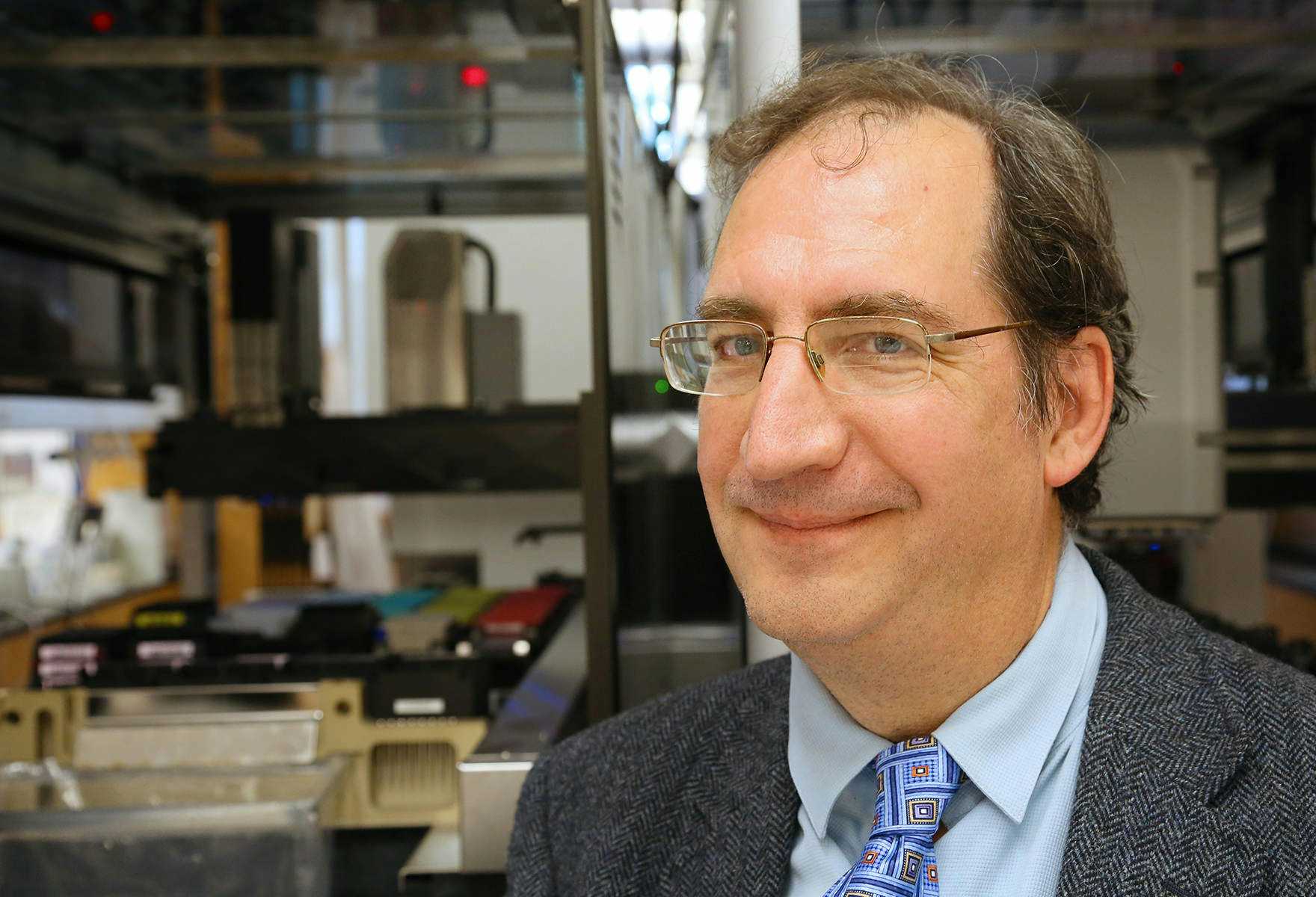
Psychedelic Compounds for Healing
This week on our nationally syndicated radio show, we speak with scientists studying the potential of psychedelic compounds to help heal mental illness. Recreational use of drugs like LSD during the 1960s gave these compounds a bad reputation. As a result, funding disappeared, and research withered. Over the last decade or so, however, investigators have been examining possible uses of these compounds. Many feel they could revolutionize the treatment of some mental illnesses.
The History of Psychedelic Compounds:
Healers around the world have been using plants and fungi with psychoactive properties for millennia. Shamans utilized psilocybin-containing species of mushroom for their rituals. In South America, healers were combining plants to produce ayahuasca for healing. Throughout the Americas (and in some other parts of the world), colonizers worked hard to suppress the use of psychedelics. The first scientific research that we know of was Heffter’s work on peyote cactus in which he identified mescaline. He completed that in the late 19th century.
Current Research on Psychedelic Drugs:
So far, studies on psilocybin and other psychedelic compounds have been focused more on safety and dose-finding. Scientists are starting to determine efficacy, but the work is preliminary and more suggestive than definitive. We don’t yet know whether the hallucinations these compounds produce are intrinsic to their healing properties. Psilocybin appears to have a remarkable effect on depression, offering rapid enduring recovery with just one or two therapeutic sessions including drug administration in a special setting. Although investigators have not identified serious side effects yet, they warn that people with a personal or family history of schizophrenia should avoid psychedelic drugs. They worry that the compounds might trigger psychotic reactions for such individuals.
Conditions That May Respond to Psychedelic Compounds:
Cluster Headaches:
People who suffer from cluster headaches are desperate for relief. They have begun to offer each other online support (Clusterbusters) for using psychedelic drugs to treat this horrendous pain. A phase 2 trial of microdosed psilocybin is underway at Yale.
Substance Use Disorders:
Giving up smoking or excessive drinking can be extremely difficult. However, researchers report that people treated with consciousness-altering compounds are often able to overcome their reliance on nicotine or alcohol. In the course of a psychedelic therapeutic experience, people seem to learn how to approach the problem.
Depression and Distress:
The best evidence on the effectiveness of psychedelic drugs relates to the distress that many cancer patients feel. In at least three randomized controlled trials, the therapeutic experience associated with psychedelics was able to radically alter those feelings. Some psychiatrists are also optimistic about their potential for treating major depressive disorder, possibly with fewer side effects than current antidepressants. They also hope to be able to treat post-traumatic stress disorder far more effectively. Healing appears to be taking place at the intersection of the psychological and pharmacological levels. It is surprisingly long-lasting.
The Nature of Consciousness:
We think of these compounds as mind-altering drugs. Studies suggest that they also change participants’ view of consciousness. When people experienced timelessness and sacredness as part of the psychedelic experience, their beliefs about consciousness shifted. They were far more likely to attribute consciousness to non-human beings or even inanimate objects. What implications does this have for human behavior?
This Week’s Guests:
Bryan Roth, MD, PhD, is the Michael Hooker Distinguished Professor of Pharmacology at the University of North Carolina School of Medicine. He is also director of the NIMH Psychoactive Drug Screening Program at the UNC Eshelman School of Pharmacy. https://www.med.unc.edu/pharm/directory/bryan-roth-md-phd/
Dr. Roth is a Fellow of the American Academy of Arts and Sciences, a member of the National Academy of Medicine of the National Academy of Sciences and a member of the Lineberger Comprehensive Cancer Center. The photograph is of Dr. Roth.
Matthew W. Johnson, PhD, is Professor of Psychiatry and Behavioral Sciences at Johns Hopkins University School of Medicine. He is the Susan Hill Ward Professor in Psychedelics and Consciousness. https://www.hopkinsmedicine.org/profiles/details/matthew-johnson
Sandeep Nayak, MD, is Assistant Professor at the Johns Hopkins Center for Psychedelics and Consciousness Research. Dr. Nayak’s research is primarily focused on investigating psychedelics as treatments for psychiatric conditions, particularly substance use disorders and mood disorders. https://hopkinspsychedelic.org/nayak
Listen to the Podcast:
The podcast of this program will be available Monday, Oct. 3, 2022, after broadcast on October 1. You can stream the show from this site and download the podcast for free. The podcast contains additional information from our interview with Dr. Johnson as well as the interview with Dr. Nayak.

